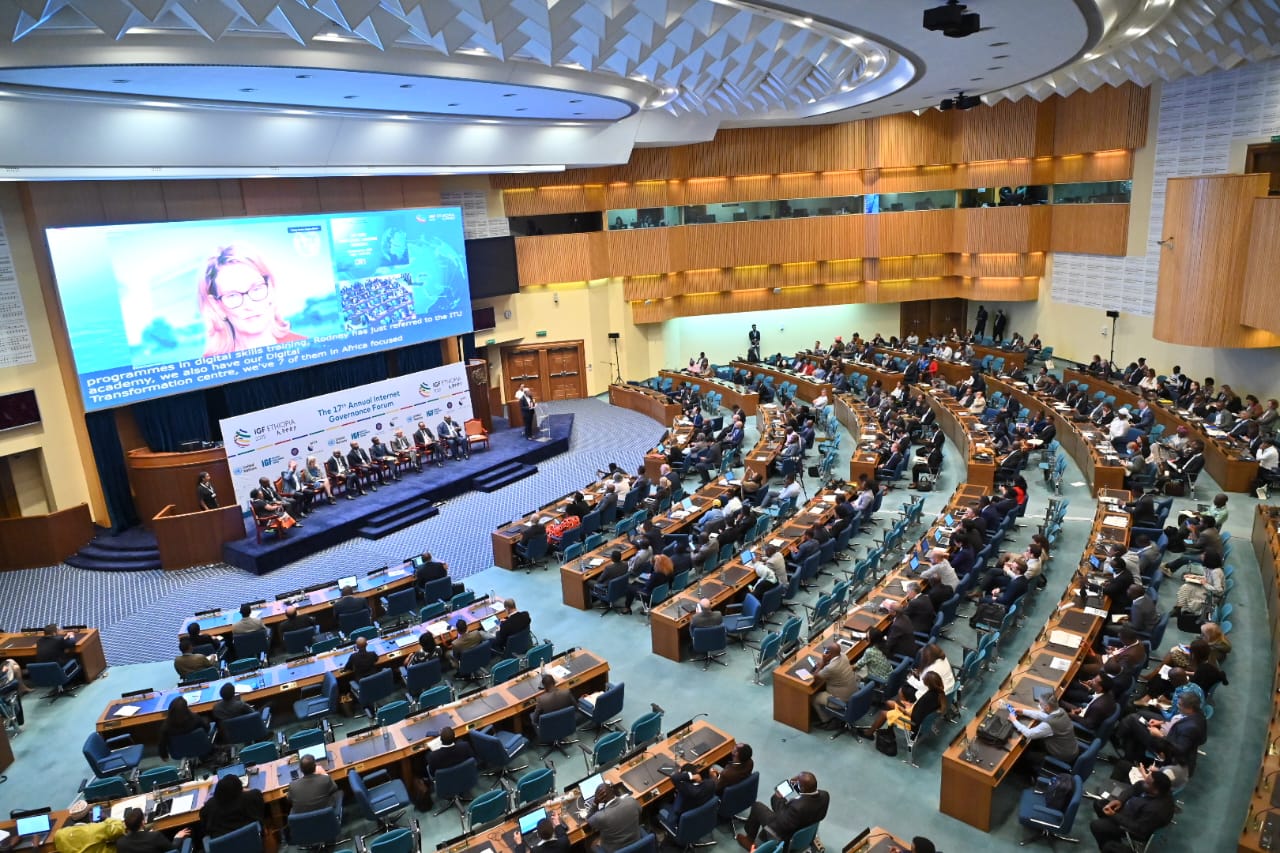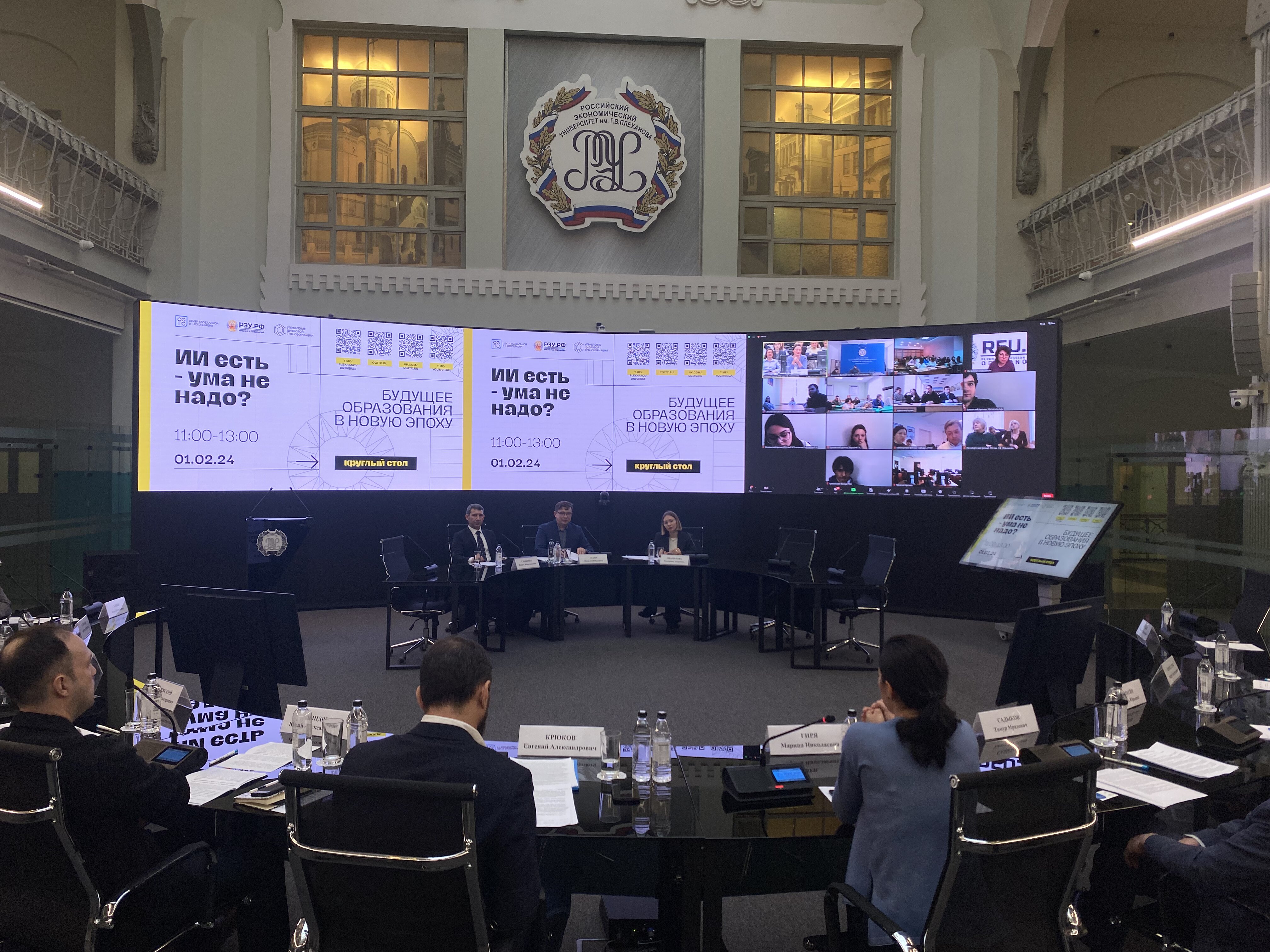Its participants discussed what challenges arise in the development and operationalization of AI governance frameworks in Africa, or whether any gaps and difficulties exist in digital policy in relation to the Afro-feminist environment, and what commonalities present in developing frameworks for use across a continent as diverse as Africa.
The workshop was first of all interesting for specialists, because it outlined some specific challenges concerning disproportionate damage to minority and vulnerable populations. For example, it was observed that in some regions of the African continent a number of women, who became victims of gender-based violence, live with their abusers and sometimes even have one common phone, or such phone belongs to a whole group of users including those who can offend a woman. In such cases, it is very difficult to help via modern communications, so it does not solve the social problem.
It is noted that efforts to develop frameworks for AI governance are generally shaped by values of economically developed countries, but the certain growth and adoption of technologies in Africa is associated with biases and provides an insightful illustration of possible problems concerning discrimination and unequal access to digital opportunities.
Thus, problems of social AI integration should be considered in terms of every specific aspect of living of the general population, its communities and subgroups. In fact, we are talking about the development of "Afro-centric frameworks" involving all interested parties. Presently, such challenges are met by, for example, Research ICT Africa (the Africa Just AI Project is under implementation), The Future Society (supporting national strategies, particularly in Rwanda, Ghana and Tunisia), the Tony Blair Institute (TBI) and other organizations researching and observing with regard to cultural and historical contexts of African countries.
This work also includes shaping an Afro-feminist AI Governance framework, applying gender lens to its analysis and much-needed mechanisms to improve literacy and education levels.
The speakers expressed their opinion about the need for additional training or advisory work of public officers and officials, who lobby the implementation and use of various digital services and applications for its citizens. Their understating of all opportunities, risks and necessary restrictions in the field of advanced technologies will contribute to a juster and secure process of digital promotion in the region. Well balanced and rational policy of officials is important both in procurement and attracting new investments into the AI sector.
The speakers also provided data specifying that today 33 African countries have adopted general data protection and privacy laws, as well as opened 18 special institutions on data protection. Moreover, 45% of women from the total number of authorized persons have been appointed to various positions connected with data protection.
The good side is that there are definitely positive results observed at the overlap of gender, female and management aspects, i.e. African women are effective in technology management and take an active position.
Abstracts and recommendations of workshop participants turned out to be a valuable practical support for improving concepts of AI governance in the region.





